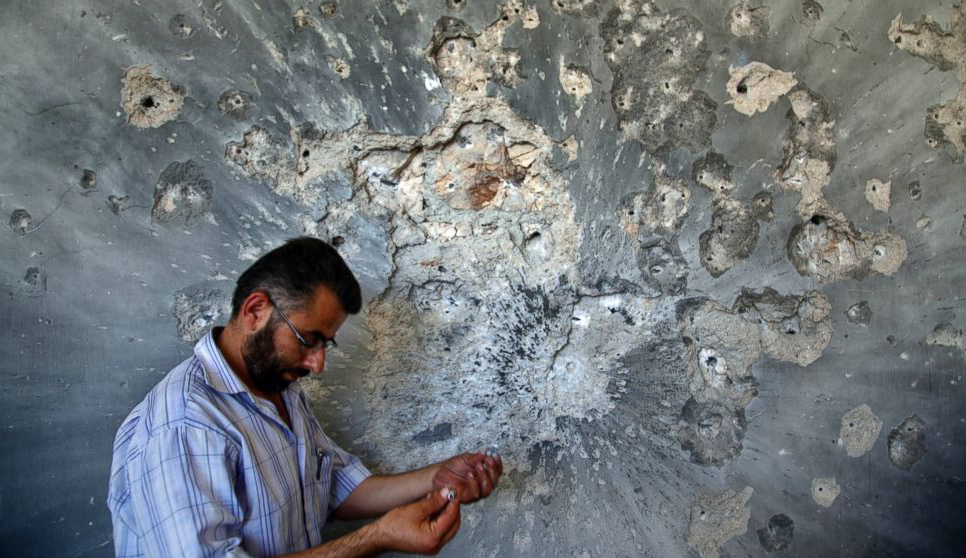Sunni
Smaller and internally more homogeneous political units may offer a brighter prospect for stability in the region than the forcible unification of decomposed Arab states.
The growing presence of Sunni jihadists in Iraq, Syria, and Lebanon counterbalances Iranian influence; it also poses a new and dangerous threat to Israel.
By partnering with Iran to fight al-Qaeda, the United States has empowered both Shia and Sunni extremists at the expense of more moderate forces.
Yesterday’s car bomb in a Hizballah stronghold is only the latest sign of a civil war between Sunnis and Shiites stretching from Baghdad to Beirut—with. . .
If Iran emerges the victor in the fight for the future of political Islam and regional dominance, American interests will be endangered to an extent. . .
Before deciding exactly what action to take against the Syrian dictator, the U.S. must determine whether his unleashing of chemical weapons was a sign of. . .
To many Islamists, the Sunni-Shi’ite conflict is much more important than the conflict with either Israel or America.

